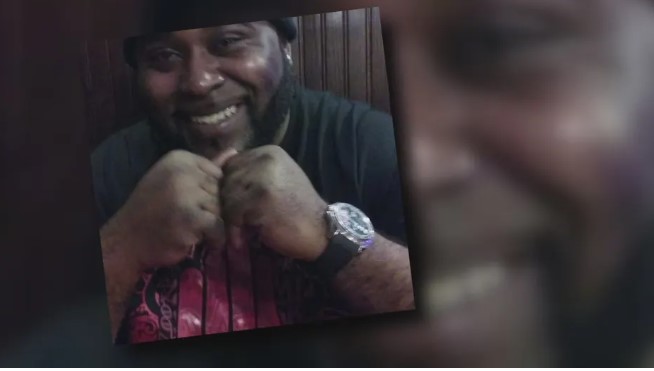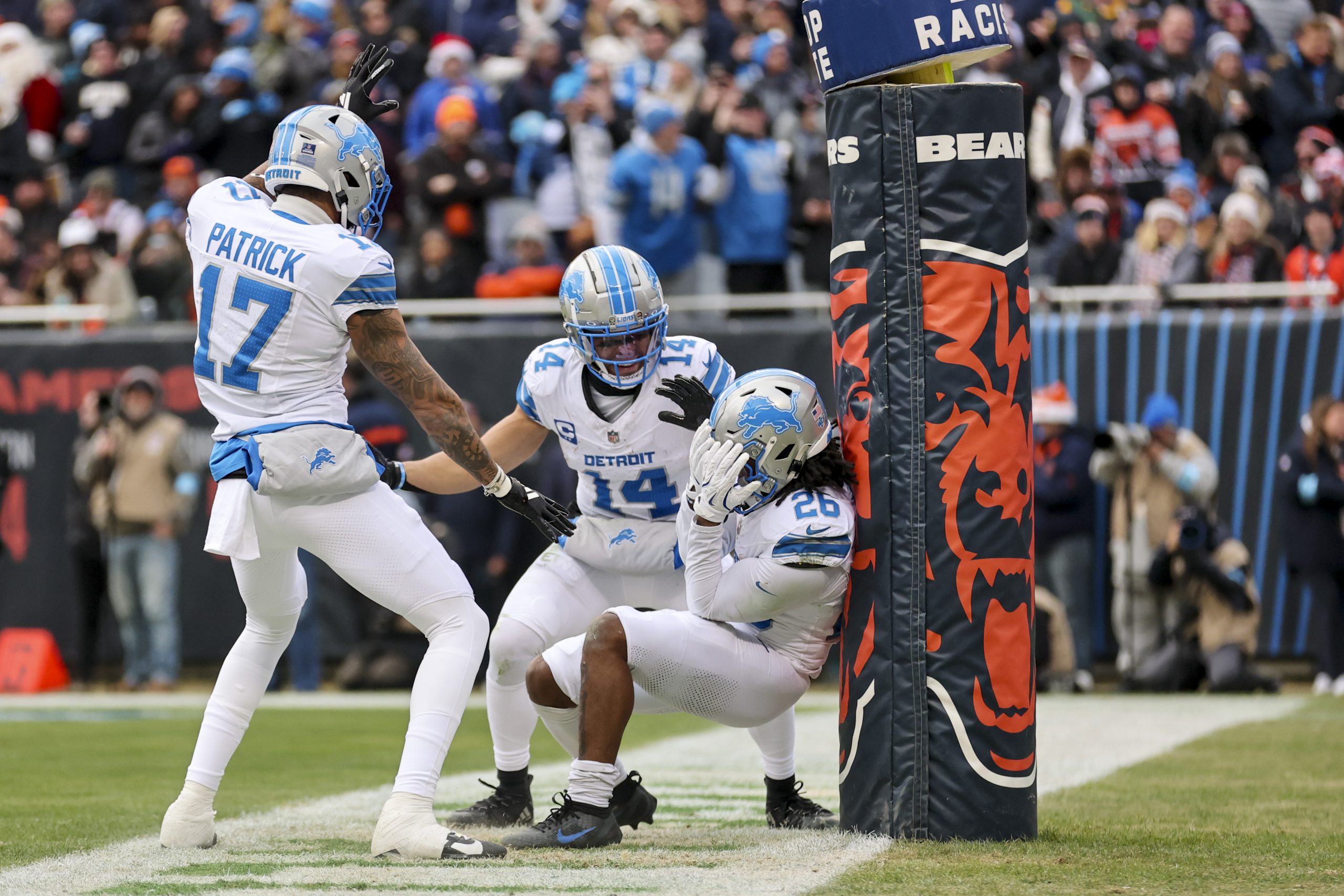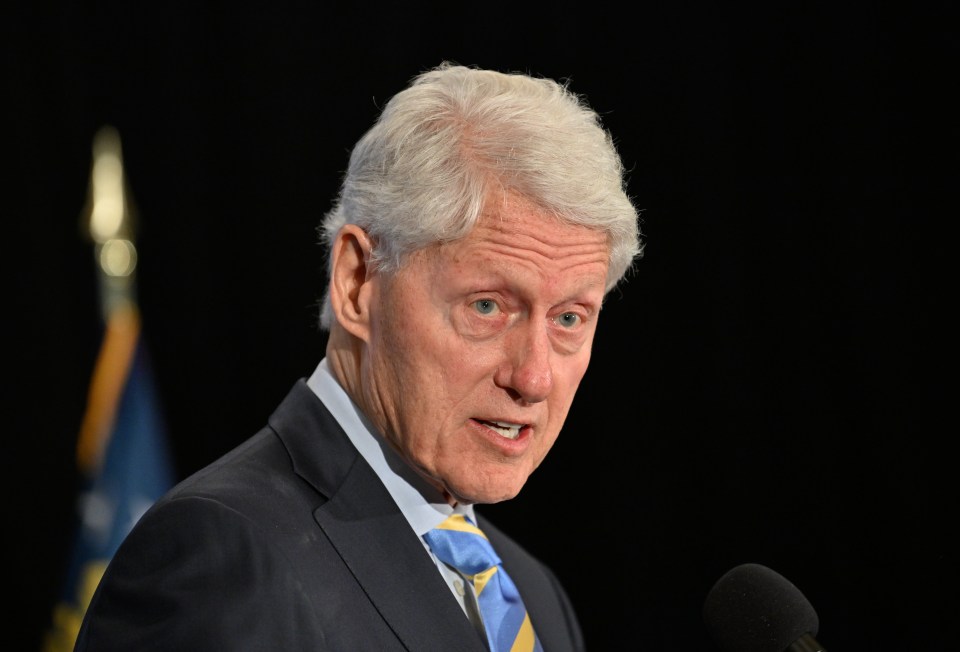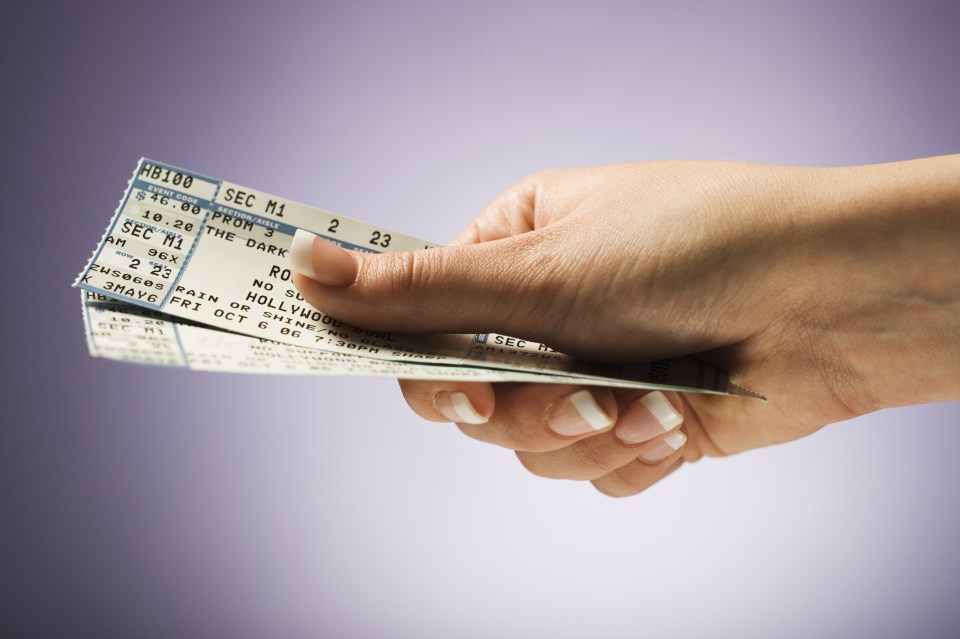New law makes it harder to ‘get rid’ of concert and game tickets – limiting who you can share with
Fans are finding it much more difficult to part with their concert or sporting event tickets due to a new ticket sales law.
Fans in one state are unhappy because the new resale regulation restricts their options.
A new rule will make it much more difficult for customers who buy concert tickets in Massachusetts and then decide to change their plans to sell them.
The measure gives businesses like Ticketmaster more control over ticket resale. It is a part of the state’s Economic Development Bill, which Governor Maura Healey signed on Wednesday.
The new regulation restricts who concertgoers and sports enthusiasts can give their tickets to if they are unable to go.
For instance, the rule mandates that if a customer buys event tickets from Ticketmaster or SeatGeek and is unable to attend, they must resell the tickets on the same website, as long as the company notifies them of the policy beforehand.
Read More on Money
As a result, fans can no longer resale tickets on StubHub or other secondary markets.
Consumer advocacy organizations like MASSPIRG oppose the restriction, contending that customers ought to be free to use their tickets however they see fit.
Deirdre Cummings of MASSPIRG stated, “It’s really hurting fans because I can’t resell it to anybody I want, I can’t give it to my friends or family if I can’t go.”
He told WBZ-TV, a local CBS station, “Ticketmaster will purchase it at a lower face value and then sell it at a higher one.” “And so that’s what keeps the ticket prices elevated.”
The new rule in Massachusetts has also angered customers, who claim it restricts their freedom as consumers.
“That opportunity is between those two customers, and if someone else wants to attend that show, they’re ready to pay the going fee. Shawn Eagle, a consumer, told WBZ that Ticketmaster doesn’t have to be involved in it.
Ticketmaster Tips
“Fans and ticket holders really got the wrong end of the deal,” Cummings stated.
POWER PLAY
Conversely, Live Nation, the parent company of Ticketmaster, supported the new law.
According to a Live Nation executive, the intention was to discourage ticket scalping.
Dan Wall, Live Nation’s vice president of corporate and regulatory affairs, stated, “It’s about whether the professional ticket brokers and the ticket resale sites that support them can use their bots and all their other tactics to grab thousands and thousands of tickets that were meant for real fans and instead put them on resale markets where they’re going to double the price.”
The business maintained that fans, sports teams, and artists were all protected by the new rule.
“This is not about a person who gets sick and can’t go to a show,” Wall stated.
Because they control the resale, Ticketmaster and other platforms may profit even though the regulation is meant to discourage scalpers.
For instance, the business might earn twice if customers sell their tickets through Ticketmaster and the corporation buys them back at a discount and resells them at a higher price.
StubHub, a ticket reseller, opposes the new rule, claiming it is anti-competitive and that it reinforces Ticketmaster’s already strong market dominance, which has already caused issues.
In May, the Department of Justice filed a lawsuit against Live Nation for allegedly controlling a monopoly in the ticketing market.
Attorney General Merrick Garland said in a statement, “We claim that Live Nation uses illegal, anticompetitive behavior to maintain its monopolistic hold on the live events market in the United States at the expense of fans, artists, smaller promoters, and venue operators.”
Critics contend that the new Massachusetts law further solidifies the company’s hold on the industry, while others feel that it already has excessive power over ticket prices and the resale market.
Numerous fans of Ticketmaster have encountered problems with the website.
Read More on The US Sun
Following an error warning, a Taylor Swift fan “couldn’t even log in” as $792 in tickets disappeared from her Ticketmaster account.
After their concert tickets were stolen from their Ticketmaster account, another music enthusiast lost $1,200.
Note: Every piece of content is rigorously reviewed by our team of experienced writers and editors to ensure its accuracy. Our writers use credible sources and adhere to strict fact-checking protocols to verify all claims and data before publication. If an error is identified, we promptly correct it and strive for transparency in all updates, feel free to reach out to us via email. We appreciate your trust and support!














